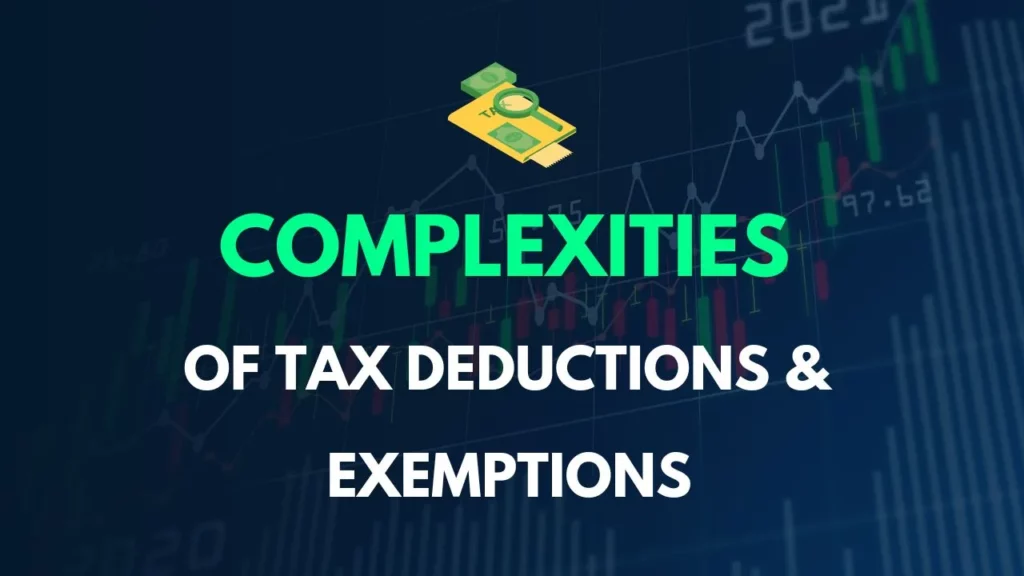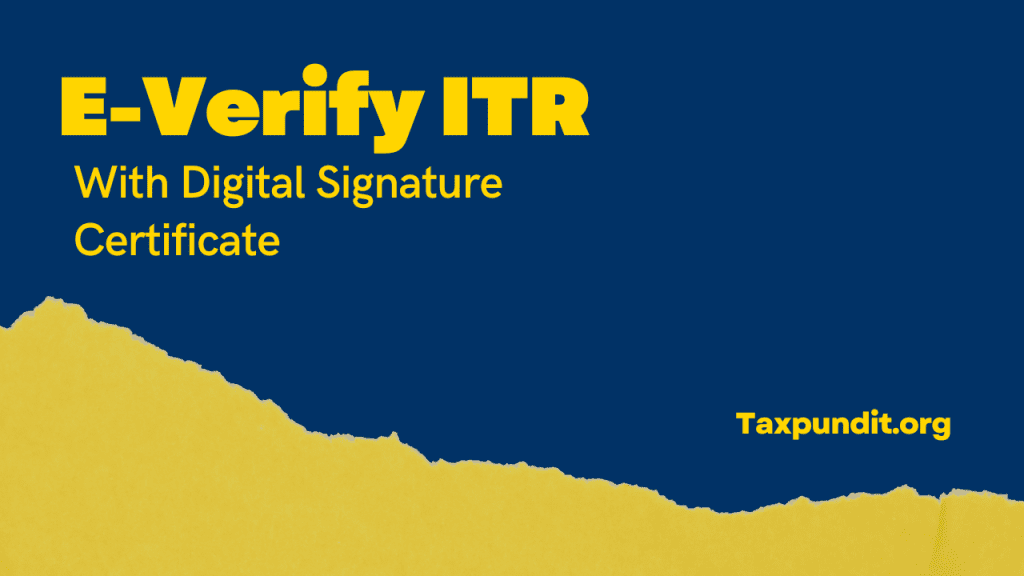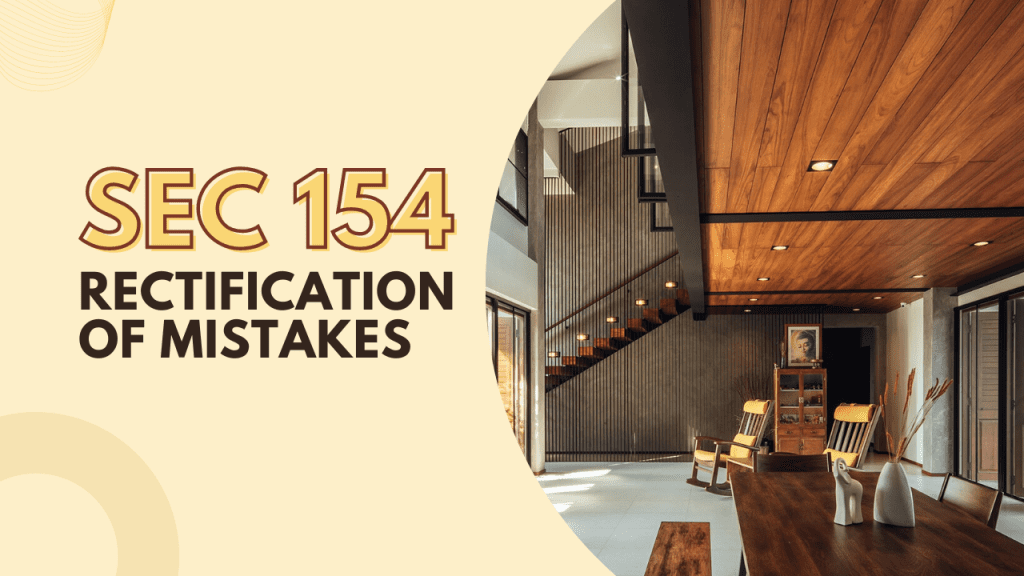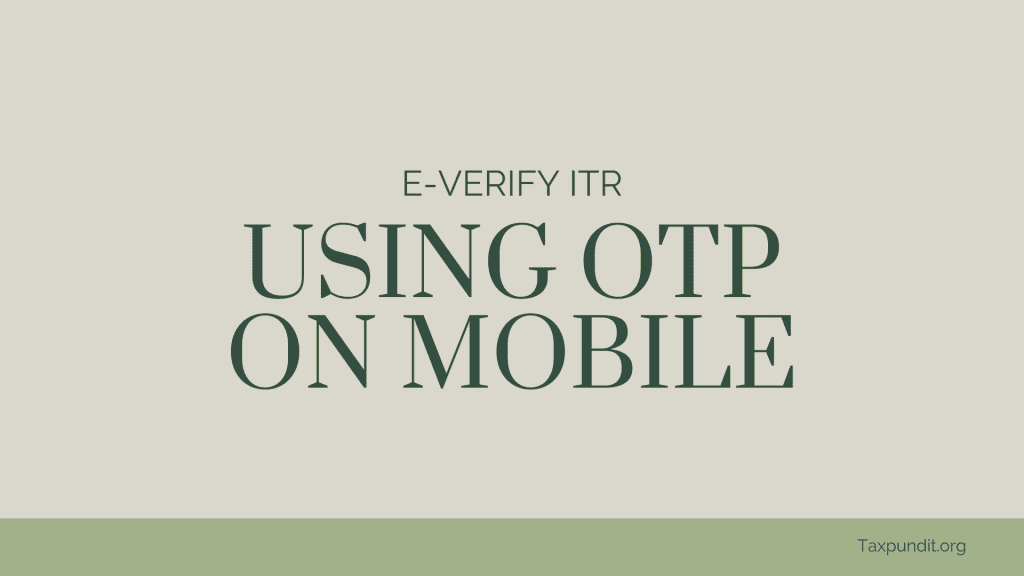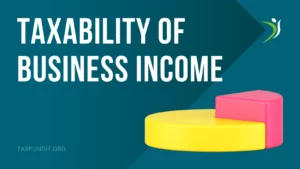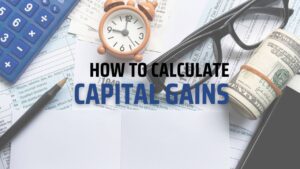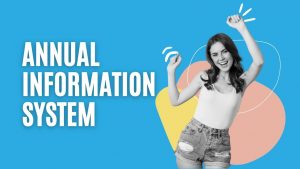Deductions and Exemptions can help reduce your tax liability and increase your refund, but understanding the eligibility criteria, documentation requirements and the process of claiming them can be complicated.
In this article, we will provide an overview of tax deductions and exemptions available and how to claim them.
Difference between Deductions & Exemptions
Deductions are Expenses that can be subtracted from your taxable income to reduce your tax liability.
Exemptions are amounts that can be subtracted from your taxable income to arrive at the tax liability.
Common Deductions
These include deductions for home loan interest, investments in tax-saving instruments, and donations to charitable organizations.
Deductions for home loan interest are available for taxpayers who have taken a loan to purchase, construct, repair or renovate a residential property.
Investments in tax-saving instruments such as Public Provident Fund (PPF), National Savings Certificate (NSC) and Equity-Linked Saving Schemes (ELSS) also qualify for tax deductions.
Donations made to certain charitable organizations also qualify for tax deductions under section 80G of the Income Tax Act.
Common Exemptions
Exemptions are available for specific expenses such as medical expenditure, education expenses and transport allowance.
Medical expenditure exemptions are available for specified medical treatments and illnesses. Education expenses exemptions are available for tuition fee paid for children’s education.
Transport allowance exemptions are available for the transport expenses incurred while commuting to work.
Eligibility Criteria
Eligibility Criteria depends on followings :-
- Type of expense incurred
- Type of income earned
- Residential status
- Age of the taxpayer
For example, deductions for home loan interest are only available for taxpayers who have taken a loan to purchase, construct, repair or renovate a residential property.
Deductions for investments in tax-saving instruments are not available for Non-Resident Indians (NRIs).
Medical expenditure exemptions are only available for specified medical treatments and illnesses.
To claim tax deductions and exemptions, taxpayers must provide documentation such as salary slips, Form 16, and other relevant documents.
In addition to this, you have to keep in mind that there are limits on the amount of deductions and exemptions that can be claimed.
For example, the maximum amount that can be claimed for deductions under Section 80C, which includes investments in tax-saving instruments such as PPF and NSC, is Rs 1.5 Lakhs.
Similarly, there are limits on the amount of deductions that can be claimed for home loan interest, and donations made to charitable organizations.
It’s also important to note that there are certain conditions that must be met in order to claim certain deductions and exemptions.
For example, to claim deductions for home loan interest, the property for which the loan was taken must be used for the purpose of self-occupation.
To claim deductions for donations made to charitable organizations, the donations must be made to organizations that are registered under Section 80G of the Income Tax Act.
It is important to keep full records and maintain all relevant documents such as bills, receipts, and other proof of expenditure.
This will make it easier to claim deductions and exemptions and will also assist in case of any scrutiny by the income tax department.
Conclusion
In summary, tax deductions and exemptions can be a complex and confusing subject for taxpayers.
However, by understanding the eligibility criteria, limits, conditions and the process of claiming them, staying informed about the changes in tax laws and regulations, keeping accurate records and maintaining all relevant documents, and availing the services of a tax expert or a chartered accountant, taxpayers can effectively reduce their tax liability and get the maximum refund they are eligible for.
Frequently Asked Questions (FAQ) on Deductions and Exemptions
Individuals can claim tax deduction benefits for payments made towards life insurance policies, fixed deposits, superannuation/provident funds, tuition fees, and construction/purchase of residential properties under Section 80C of the Income Tax Act.
House Rent Allowance (HRA), Leave Travel Allowance (LTA), Transport Allowance, Childern Education Allowance etc. can be claimed in Income Tax Return.
Watch our Video on Income Tax Deductions
About Taxpundit Team
Our team consists of highly qualified, experienced and knowledgeable industry professionals that are passionate and dedicated to our clients. We provide the best possible service to our clients in a timely and effective manner, whilst always adhering to the highest levels of quality.

